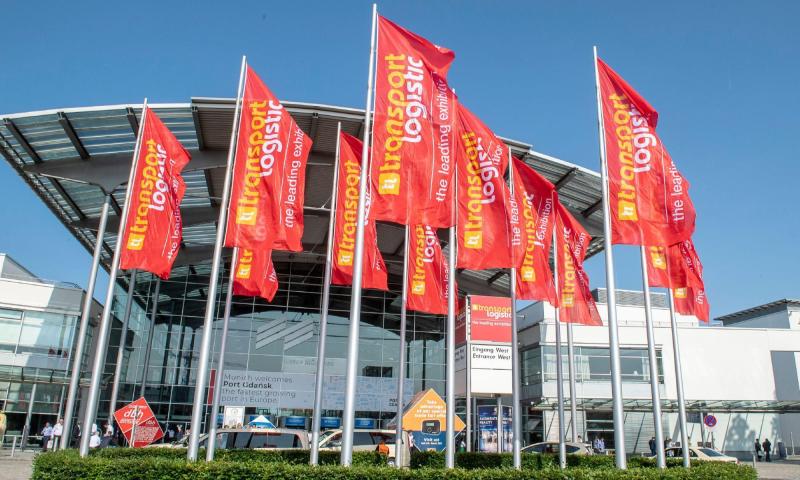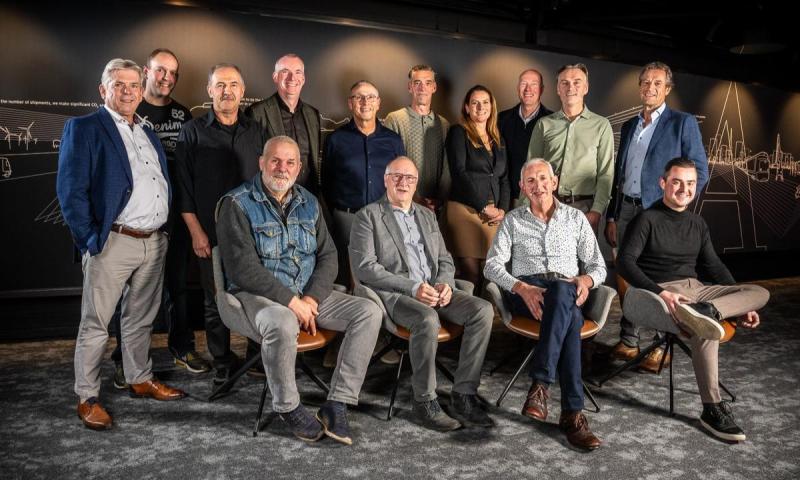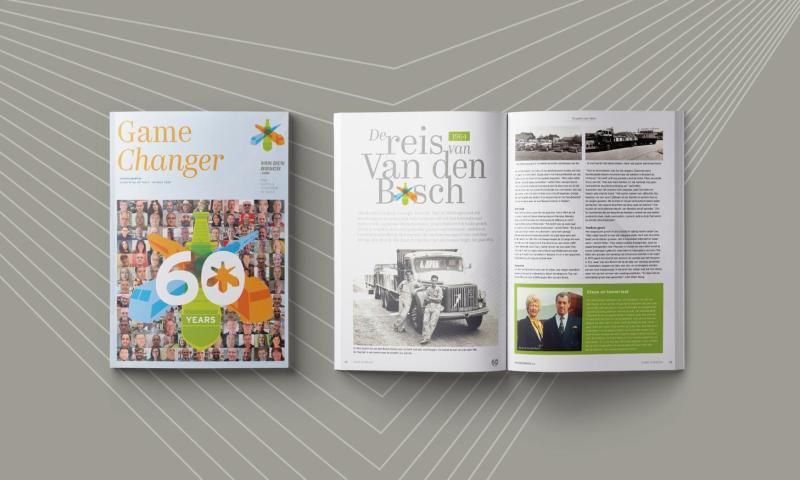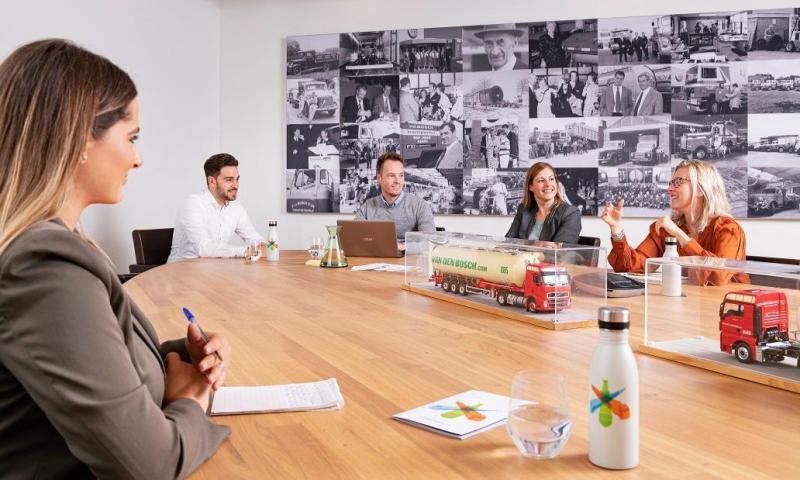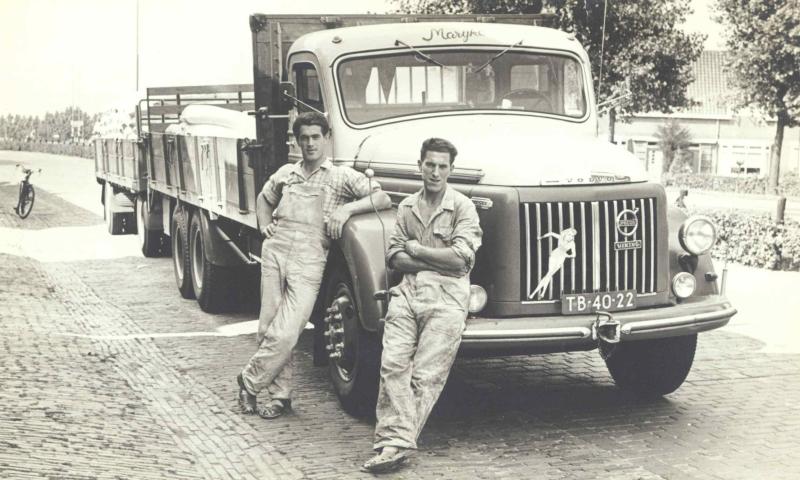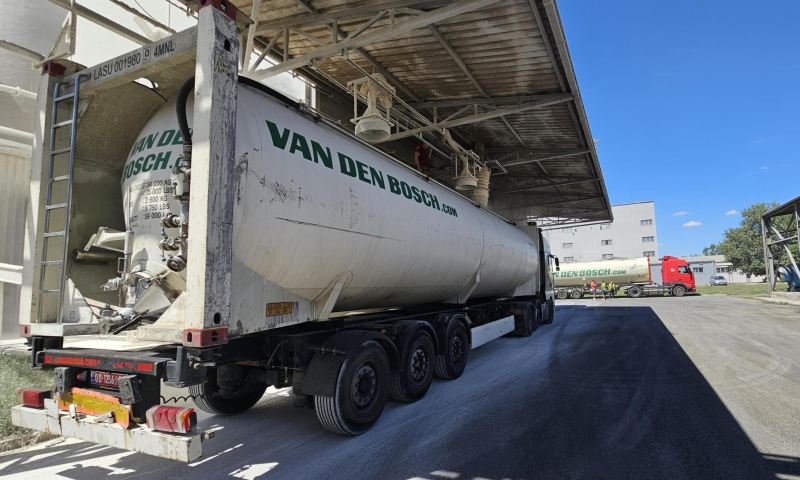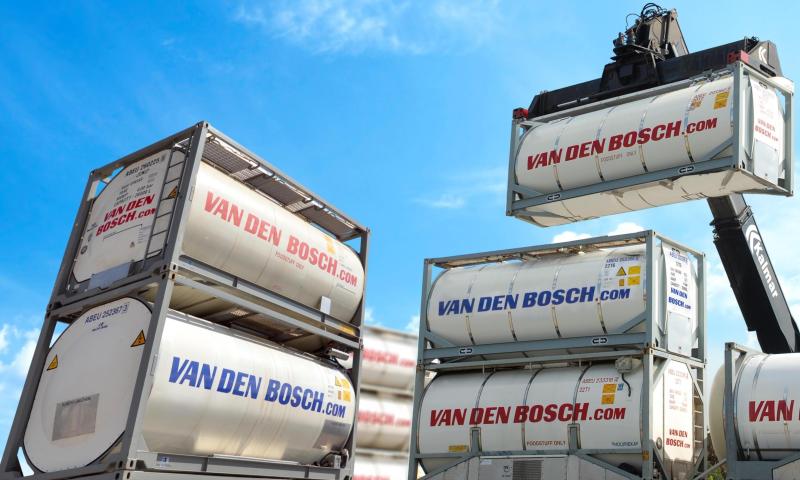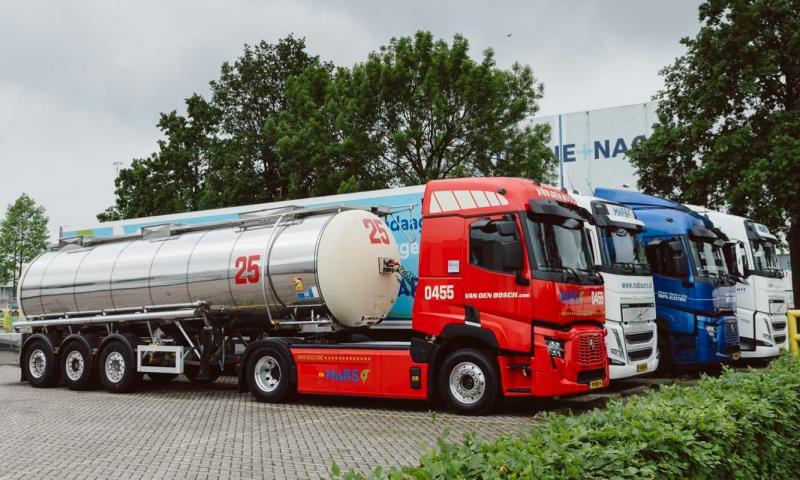Van den Bosch helps Eastern Europe switch to intermodal
An increasing number of large companies are shifting their production to Eastern Europe because of available raw materials and lower production costs. Despite a global call for sustainability, road transport still leads the way in the region. This can and will change, believes commercial manager Srdjan Zekovic.
Infrastructure in the Eastern European region is still substandard, but local governments and the European Union are encouraging the switch to intermodal transport. For instance, Budapest and Belgrade will be connected by a new high-speed rail line in 2025, and several terminals are being built in Serbia, Bulgaria & Romania. Meanwhile, we are not idly standing by. "We are not only talking to suppliers or customers but also to rail operators, local carriers, terminals and customs," Zekovic explains.
New trade routes
This new network creates opportunities. A train that previously only passed through Serbia, now stops once a week in its capital, Belgrade. And at our instigation, a rail operator opened a new lane between Budapest and Belgrade earlier than planned. "We are not looking at existing routes, but really setting up something new by looking at the supply chain from a different perspective."
"For instance, we have realised new transport routes from Bosnia and Herzegovina and Serbia to the UK," Zekovic says. That these countries are not members of the European Union does not make it any easier. You have to deal with customs, various regulations and a lot of documents several times on a single route. “There are a lot of tricky administrative hurdles, but we were not afraid of a challenge. We now offer these routes to other customers as well."
Tailor-made supply chain solutions
Zekovic uses his years of experience to improve and make companies' supply chains more sustainable. "We look at the customer's needs and offer tailor-made solutions such as a new rail connection, a terminal or linking different modes. For example, we worked with ADM on a solution to improve their transportation. ADM previously relied on direct road transport. Once the company implemented the intermodal advantages of our containers, the trucks could be used elsewhere. As a result, ADM still has a reliable supply in Serbia to cover production fluctuations."

